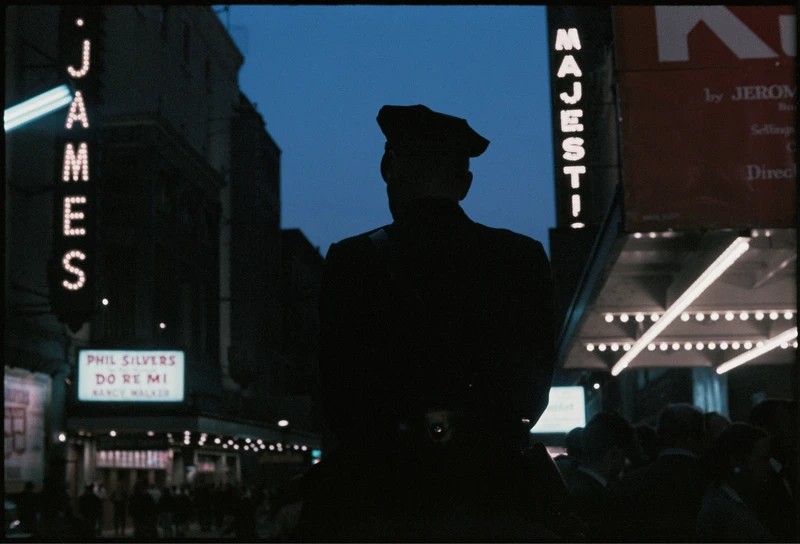Gordon Parks


b. 1912, United States
d. 2006
American photographer, writer, film director, 1912-2006
Gordon Parks (b. 1912, Fort Scott, Kansas, US; d. 2006, New York City, New York, US) was one of the most important photographers of twentieth-century America. Committed to social equality, he saw photography as a tool to move people to action and change lives.
Born into poverty and segregation in Fort Scott, Kansas, in 1912, Parks was drawn to photography as a young man when he saw images of migrant workers published in a magazine. After buying a camera at a pawnshop, at the age of 25, he taught himself how to use it. Despite his lack of professional training, Parks found employment with the Farm Security Administration (FSA), which was then chronicling the nation’s social conditions. Parks quickly developed a style that would make him one of the most celebrated photographers of his age, allowing him to break the colour line in professional photography while creating remarkably expressive images that consistently explored the social and economic impact of racism.
When the FSA closed in 1943, Parks became a freelance photographer, balancing work for fashion magazines with his passion for documenting humanitarian issues. His 1948 photo essay on the life of a Harlem gang leader won him widespread acclaim and a position as the first African American staff photographer and writer for Life, then by far the most prominent photojournalist publication in the world. Parks would remain at Life for two decades, chronicling subjects related to racism and poverty, as well as taking memorable portraits of cultural figures, including Muhammad Ali, Malcolm X, Adam Clayton Powell, Jr., and Stokely Carmichael. His most famous images, such as Emerging Man (1952) and American Gothic (1942) capture the essence of activism and humanitarianism in mid-twentieth century America. His works also rallied support for the burgeoning Civil Rights Movement, for which Parks himself was a tireless advocate as well as a documentarian.
Parks’s style continued to evolve throughout three decades of his life expanding his style; he worked up until his death in 2006. During his lifetime Parks received numerous awards, including the National Medal of Arts in 1988, and over fifty honorary doctorates. He was also a noted composer and author and, in 1969, became the first African American to write and direct a Hollywood feature film based on his bestselling novel, The Learning Tree. In 1971, this was followed by the hugely successful motion picture Shaft.